Anesthesiology
Anesthesiology 2024 Trial
Complex General Surgical Oncology
Critical Care of the Surgical Patient
Critical Care of the Surgical Patient 2024 Trial
Emergency Medicine
Family Medicine
Family Medicine 2024 Trial
Gastroenterology, Hepatology and Endoscopy
Gynecologic Oncology
Medical Cannabis
Medicine
Medicine 2024 Trial
Nephrology, Dialysis, and Transplantation
Neurology
Neurology 2024 Trial
Obstetrics and Gynecology
Obstetrics and Gynecology 2024 Trial
Otolaryngology
Pain Management
Pediatrics Weekly Curriculum™
Plastic Surgery
Plastic Surgery 2024 Trial
Psychiatry
Psychiatry 2024 Trial
Sport Medicine
SSO Complex General Surgical Oncology
Surgery
Surgery 2024 Trial
Surgery Clerkship_not to be used
Transitional Year Weekly Curriculum™
Urology
Vascular and Endovascular Surgery
X-Remove- Case Based Reviews
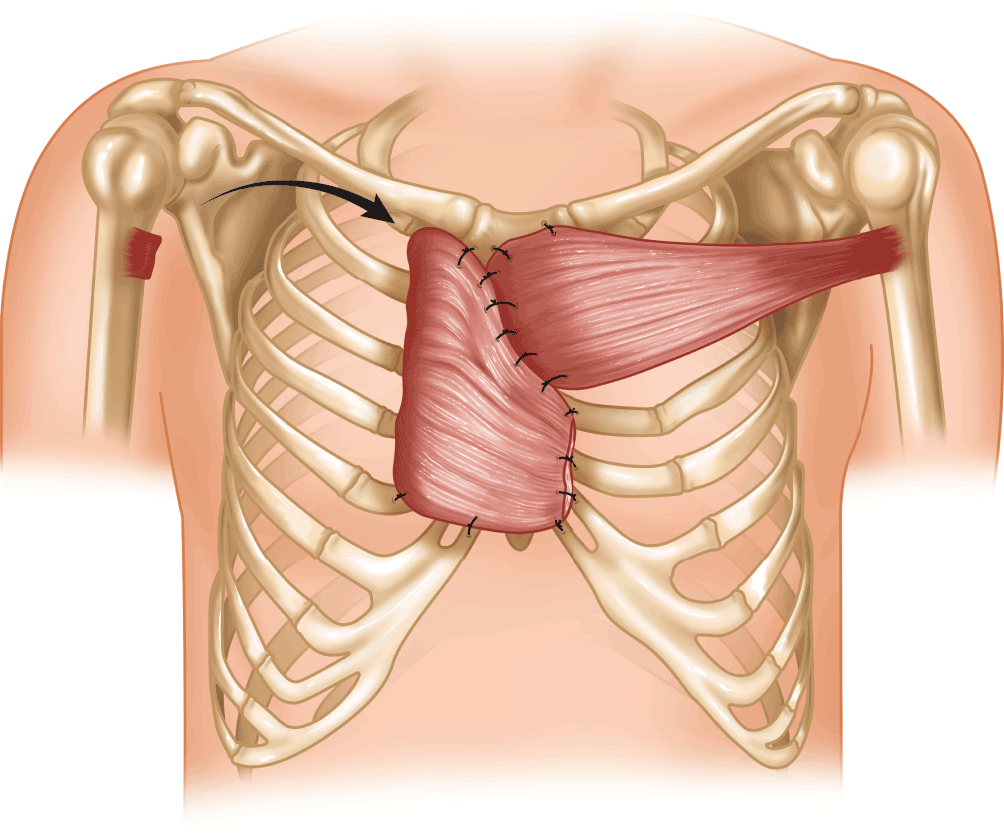
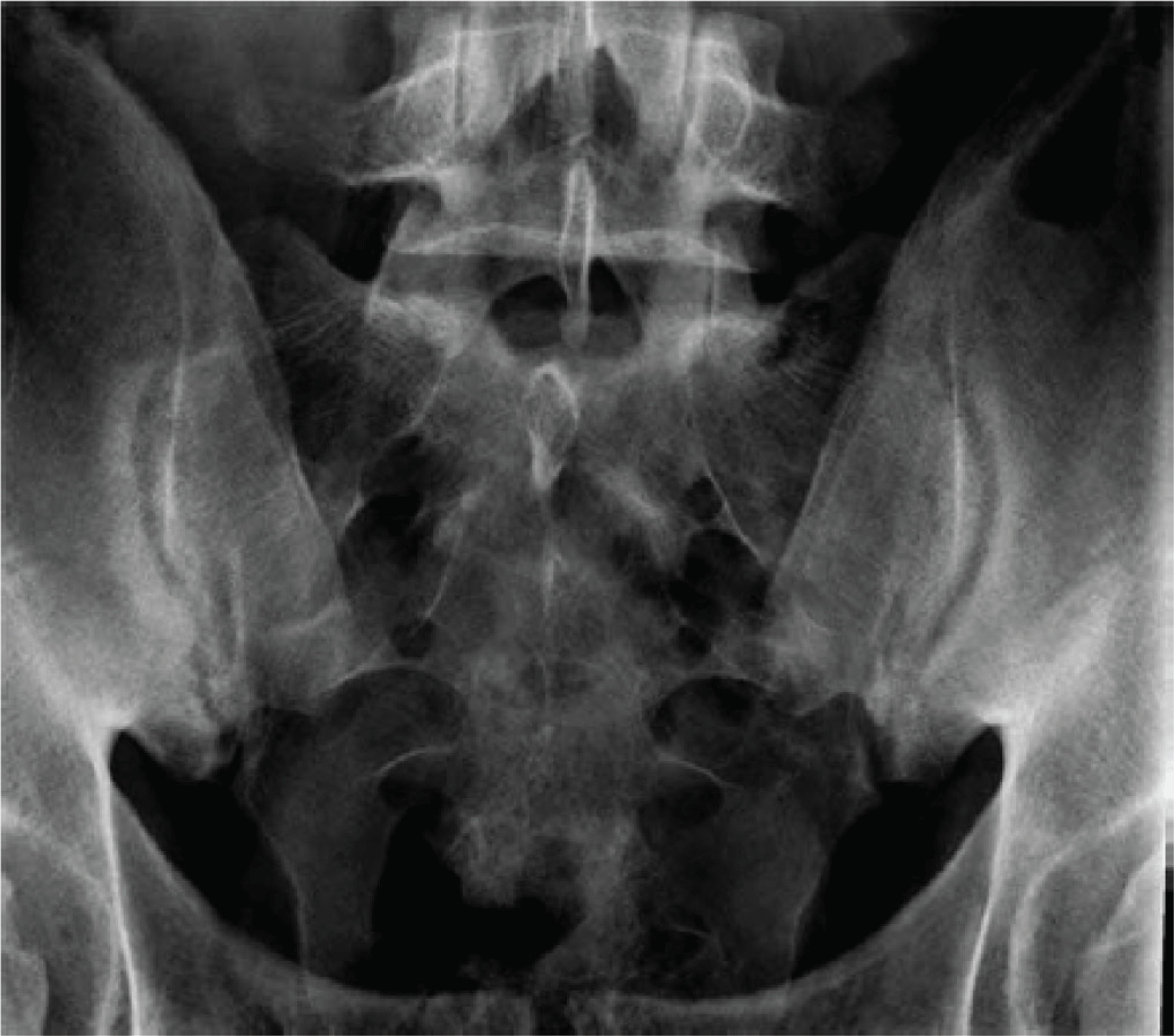
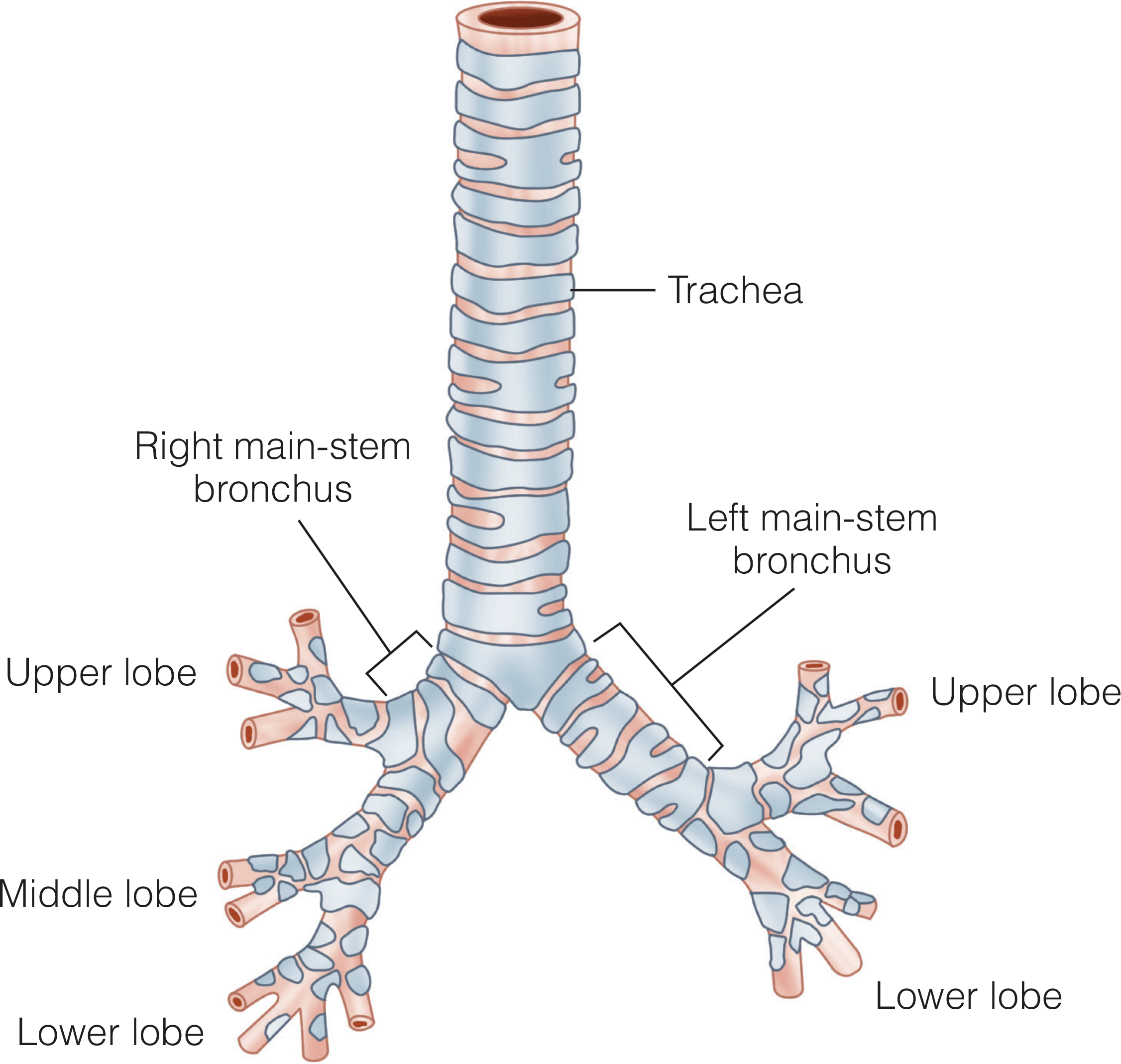
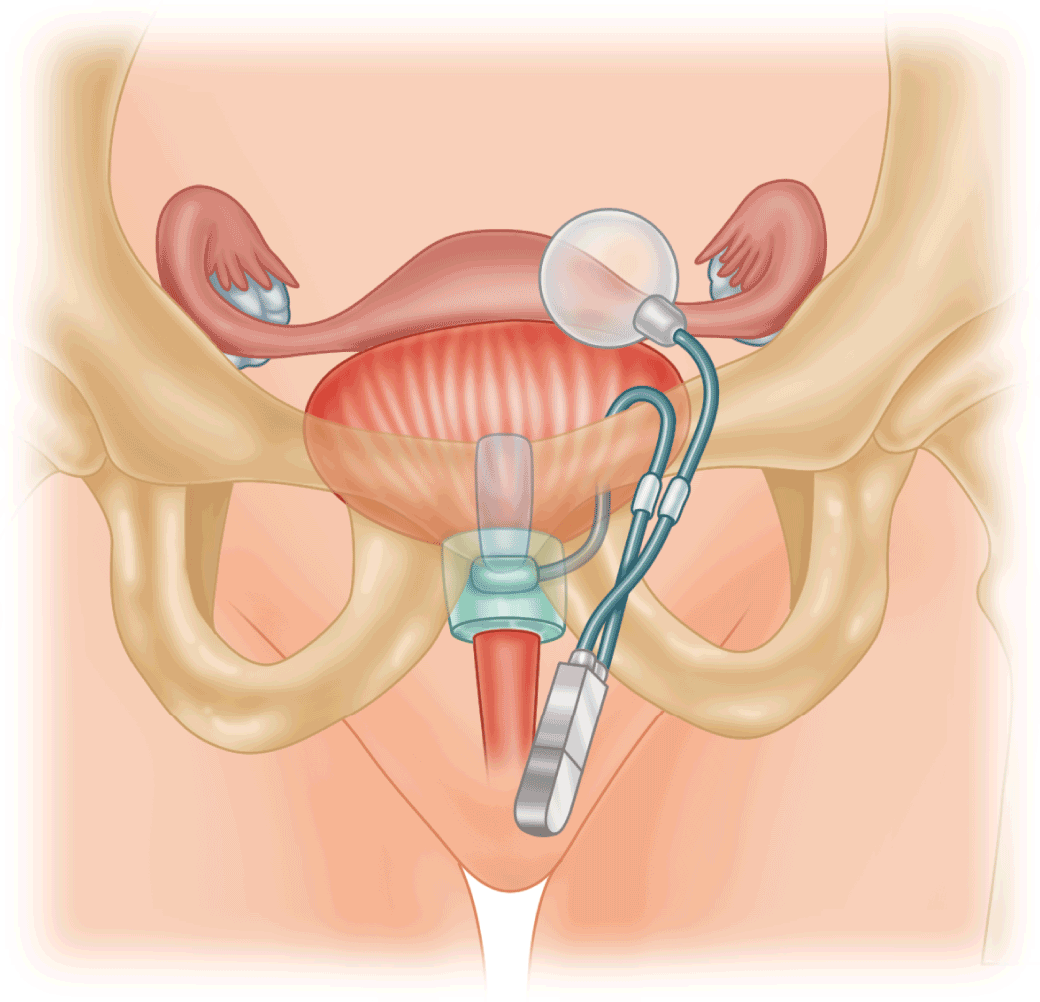
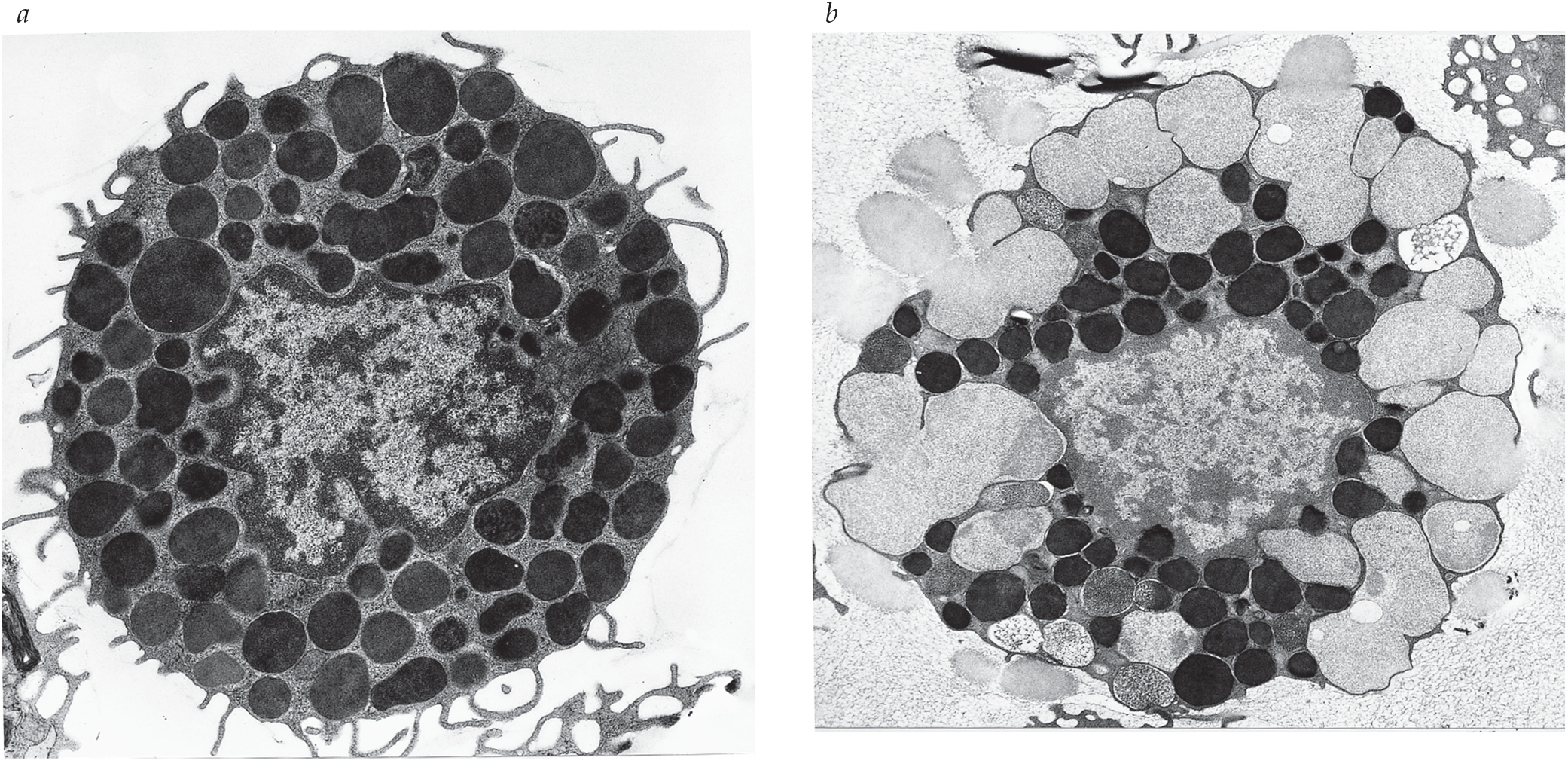
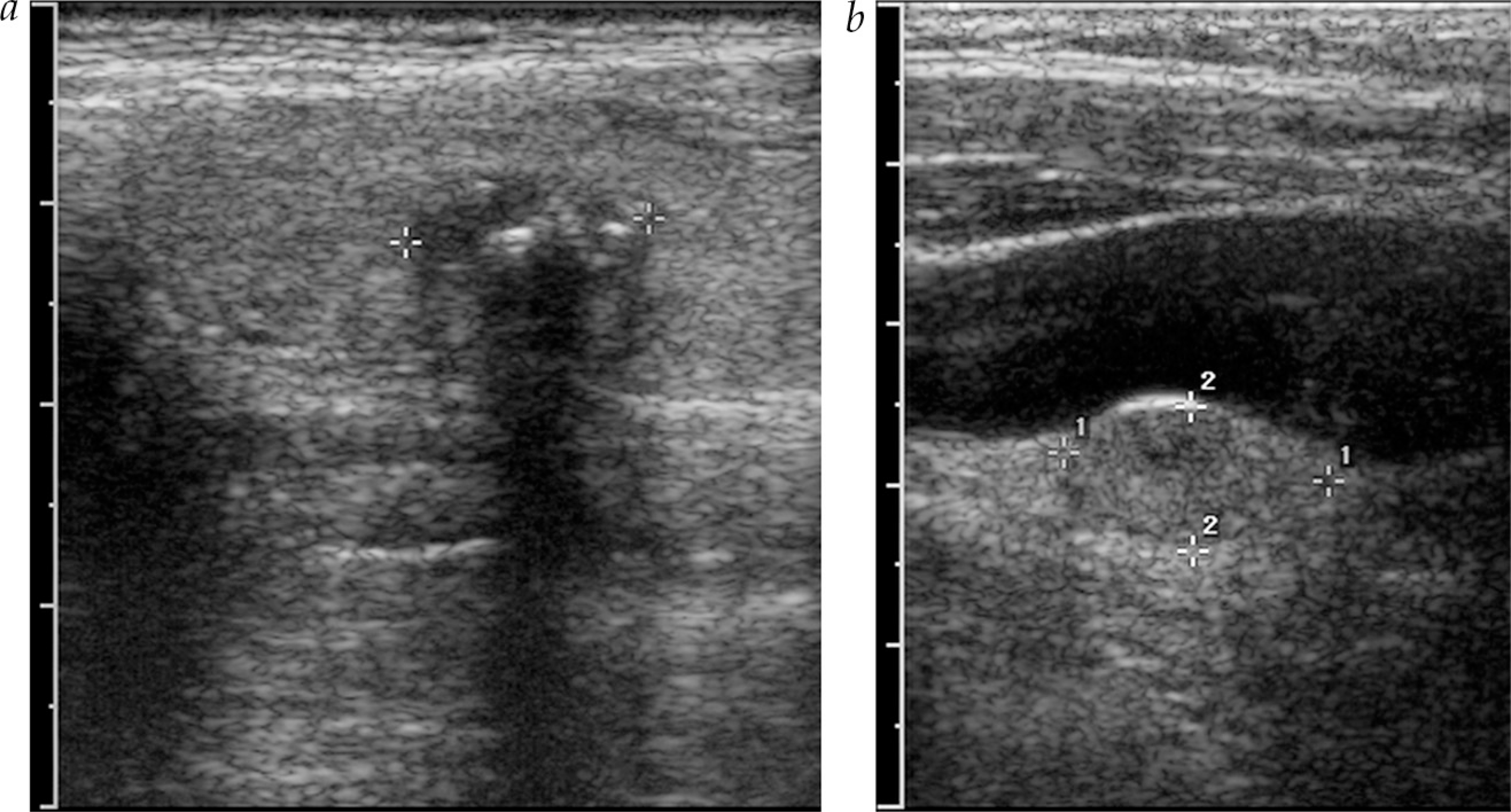
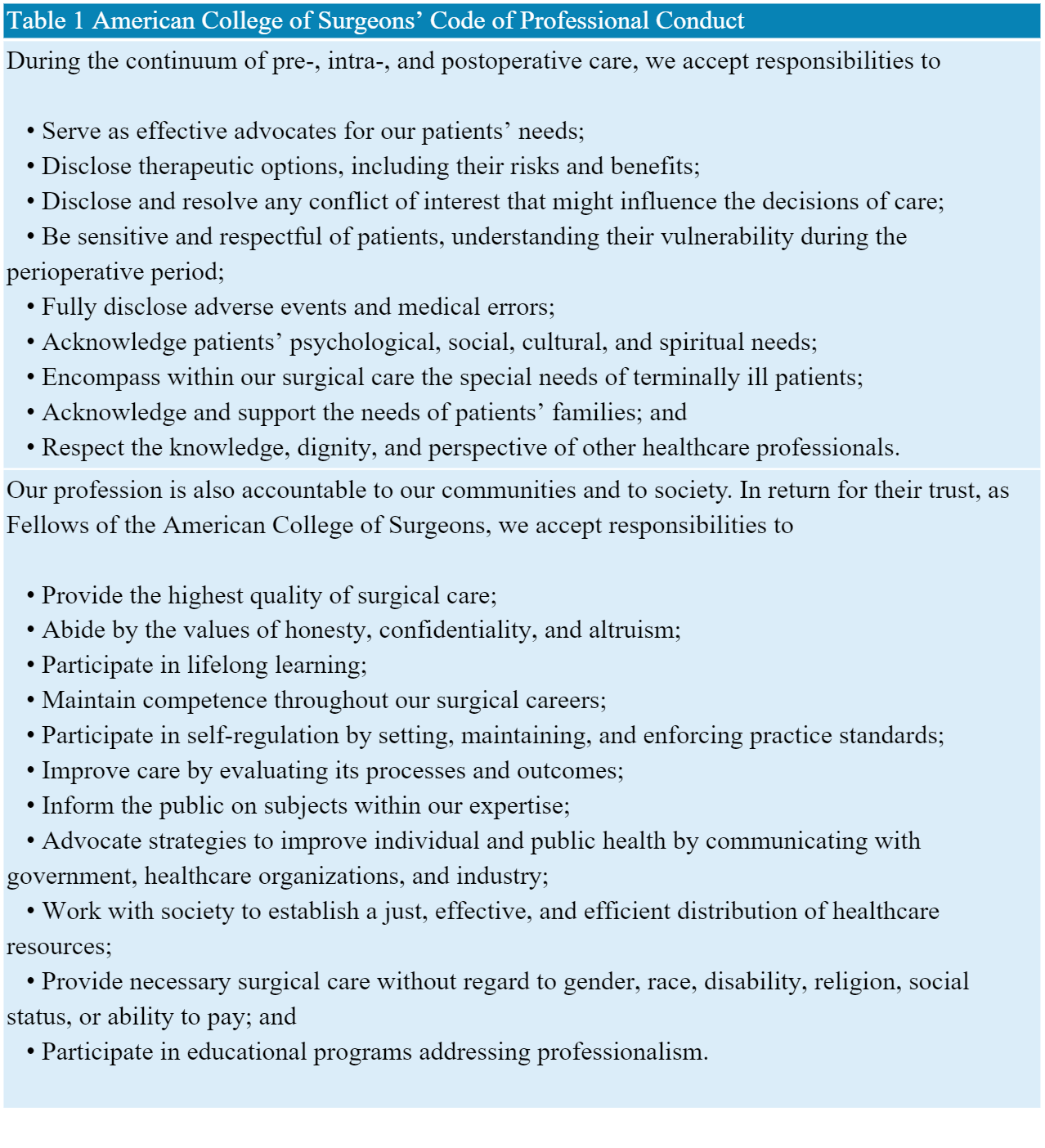
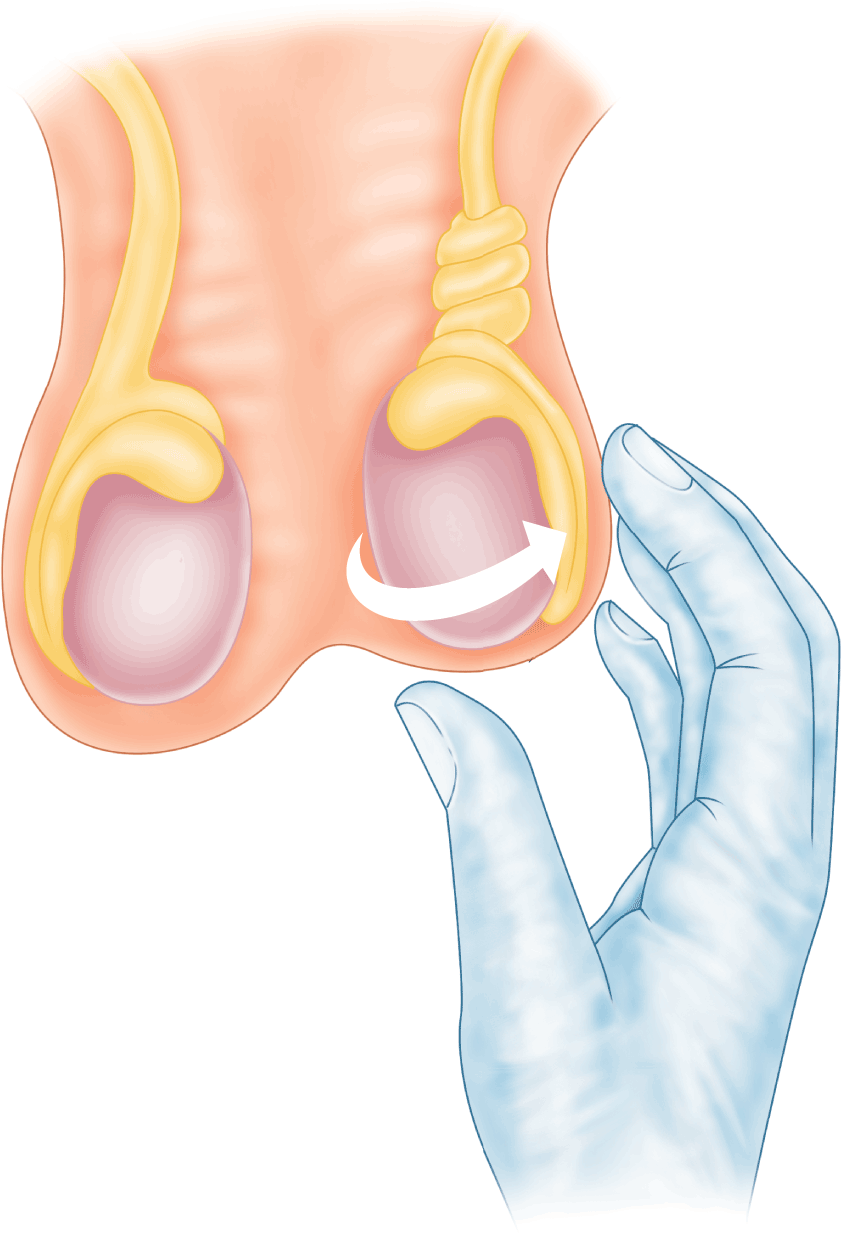


.png)







